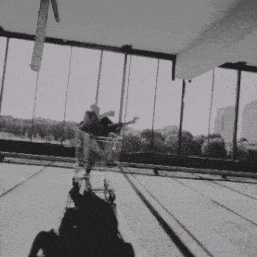There is a brave new world forming.
art. subversion. growth.
it's right there.
art. subversion. growth.
it's right there.


There once was a dream of Rome. Of all that it could be. That dream is for the past. Be here, now. We believe in change. Responsible change. If you’re not doing it right now, and you know you should, you’re already on the way. Fuck the conventions. Fuck the Zeitgeist. Fuck the herd.
It writes itself, really.
It writes itself, really.
VISION

Backwards' is a global community where creativity and authenticity thrive
BACKWARDS

We believe in cooperation. We are the ones who prefer journeys to destinations. We choose to connect deeply. We embrace the strange. We walk towards Responsible Anarchy. We dance to the rhyth of our own dreams.
BEING BACKWARDS

BACKWARDS


What you'll get:
People
Memories, events, shared
Real connections to last a lifetime
Sponsorship for whatever weird you create
Software to manage your professional life
Help with growth
The world
People
Memories, events, shared
Real connections to last a lifetime
Sponsorship for whatever weird you create
Software to manage your professional life
Help with growth
The world
BENEFITS

Backwards isn’t a social club - it challenges the status quo, helping you build meaningful connections and gain immediate experience.
BACKWARDS
We're waiting for you — join Backwards now!
Move Backwards
Cooookies
Cookie Settings
Necessary cookies just have to be enabled—otherwise, the site won’t work. The other cookies? They make the Backwards world better!
